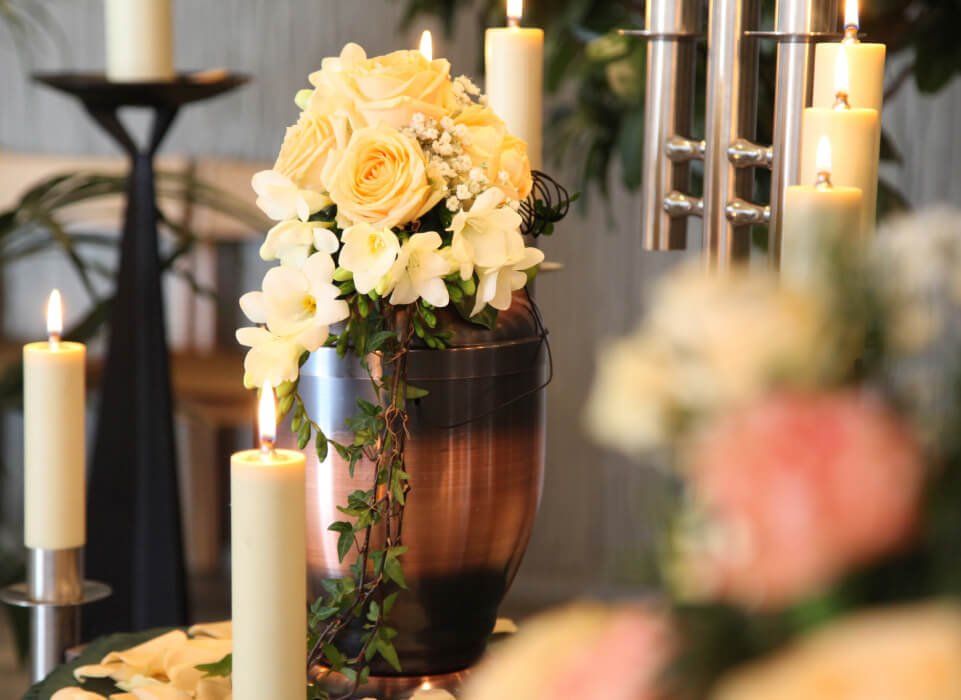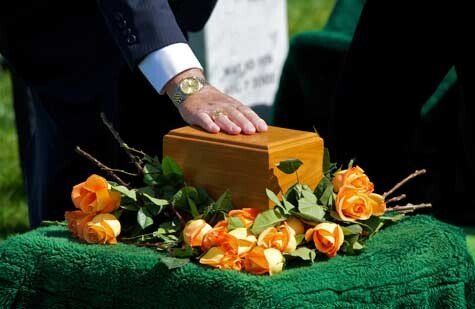Cremation Services
Cremation Services
If your family has chosen cremation, we have a range of services that help celebrate the life of your loved one while giving you several options for a public gathering, and final resting place.
Funeral Service followed by Cremation
Many families find meaning and comfort in a personalized funeral service. With a funeral service combined with cremation, you can still choose to have a final viewing, visitation or wake, and a funeral
service. However instead of in-ground burial, the funeral will be followed by cremation. Depending on your wishes, the cremated remains may be either returned to your family in an urn, buried or placed in a columbarium.
Memorial Service
The memorial service can be held in our chapel, a church, or any other venue the family chooses. We work with our families to design a service that honors their loved one with stories, music, or scripture. We also have life celebrants that lead services where clergy may not be chosen. Our celebrants are trained in creating experiences that help start the healing process.
Graveside Service
A graveside service can be held in place of a funeral and can be preceded by visitation at the cemetery or at the funeral home if desired.





